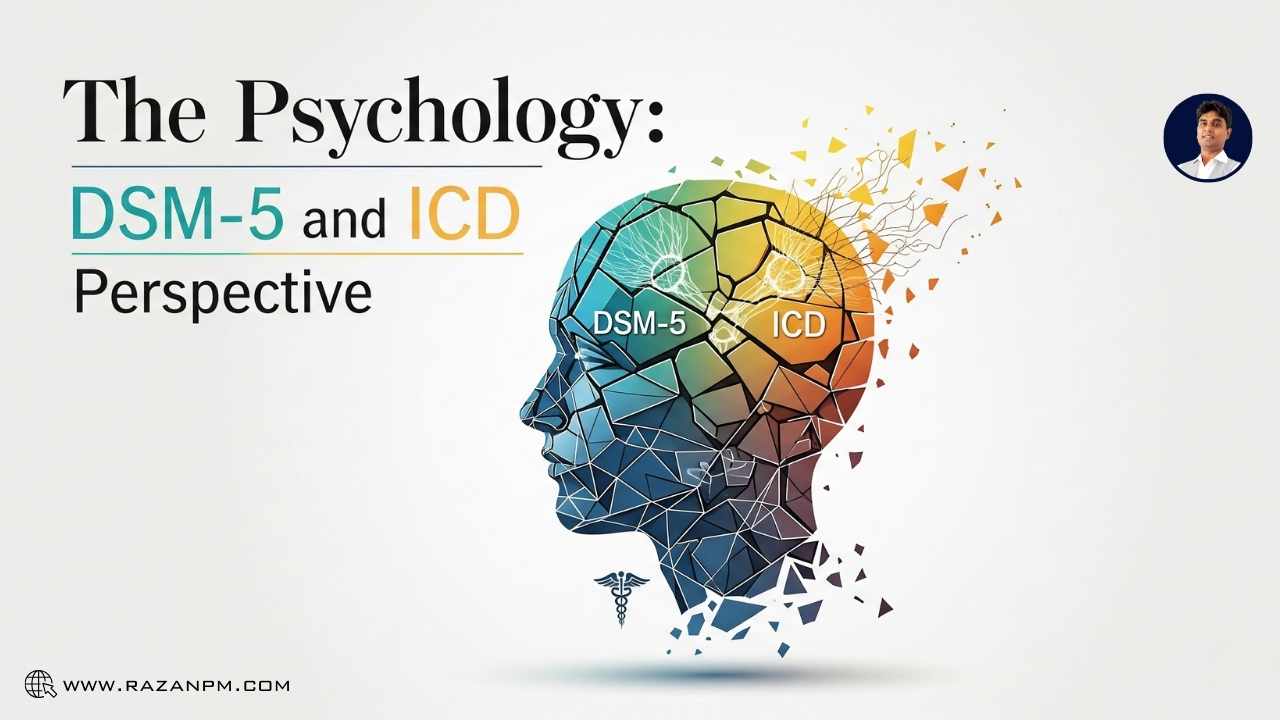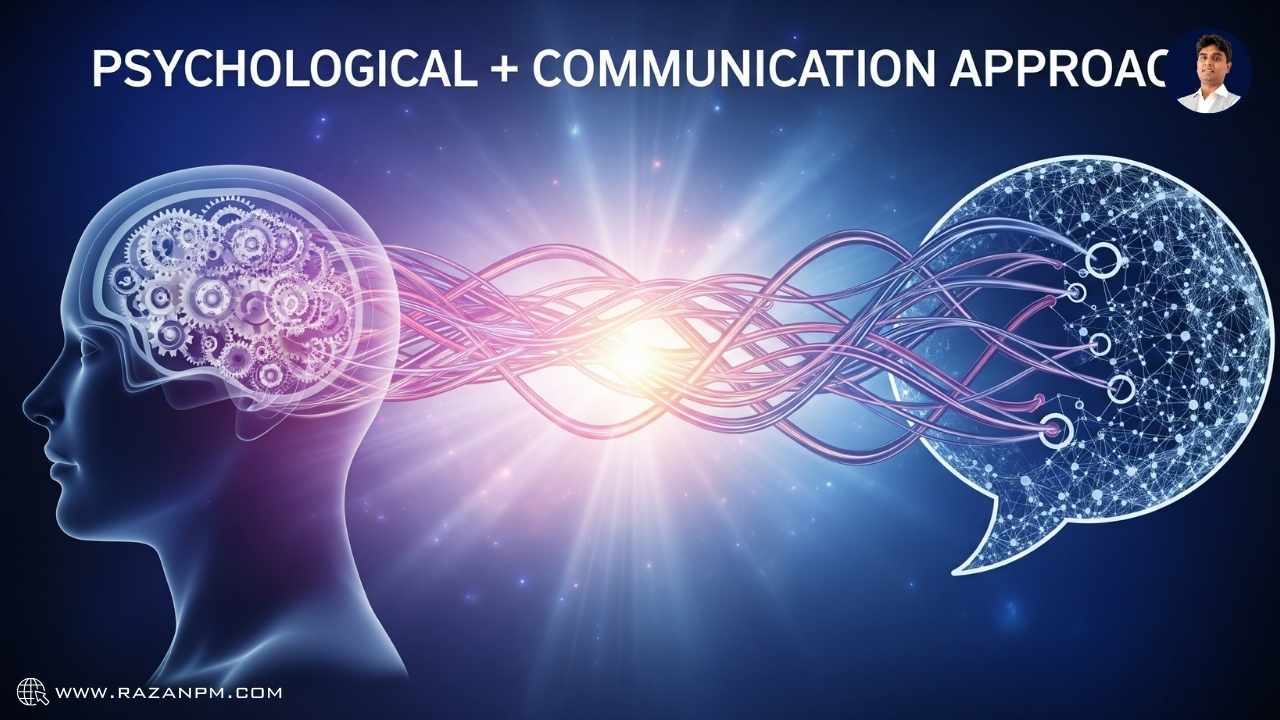Imagine this: you leave your wet towel on the bed once. Your partner rolls their eyes. You think, “Okay, not a big deal.” But then the mind races: “What if they start hating me? What if this is the beginning of the end?” Suddenly, one wet towel has spiraled into full-blown panic about heartbreak, loneliness, and even feeling “unlovable.”
Humor aside, small habits like these can snowball into deep emotional stress—especially when couples rush into living together before really understanding each other. And it’s becoming increasingly common among Gen Z couples, who often slide into cohabitation as a “next step” without thinking of the emotional, mental, and psychological consequences.
For many in their late teens and early twenties, moving in together feels romantic and practical: fewer bills, more time together, cozy Netflix nights. But here’s the trap: without emotional readiness, those Netflix nights can quickly turn into silent wars about dishes, finances, or even personal space.

And when things get tense, people often internalize the conflict: “Maybe I’m the problem.” “I must not be good enough.” This spiral is what makes cohabitation too soon less about love and more about mental survival.
Most young couples in this trap say things like:
Underneath, the emotions are the same: anxiety, guilt, fear of rejection, and an almost obsessive worry about the relationship failing.
If you’re in this situation, you might notice:
These symptoms aren’t just “bad moods.” Left unchecked, they can evolve into clinical issues like generalized anxiety, depressive symptoms, or adjustment disorders.

According to DSM-5, many couples who move in too soon show features of Adjustment Disorder: difficulty coping with new living circumstances, mood changes, and interpersonal tension.
The ICD-11 also points out that relationship stress can trigger anxiety disorders or depressive episodes when the person lacks healthy coping mechanisms.
What seems like a simple lifestyle choice - moving in - can act as a psychological trigger, especially when combined with the natural stress of being young and figuring out life.
Studies consistently show that couples who “slide” into cohabitation (without clear agreements or readiness) report lower relationship satisfaction and higher breakup rates compared to those who make a conscious, prepared decision.
A 2021 survey from the Institute for Family Studies highlighted that Gen Z is cohabiting earlier than previous generations, often citing financial convenience. Yet, these same couples reported higher emotional strain, particularly around identity and independence.
I once worked with a young woman named Rhea (name changed). She moved in with her boyfriend at 20. Within six months, she felt suffocated. Every argument ended with tears and every silence with overthinking.

She came to me saying, “I love him, but I feel like I’m disappearing.”
Through our sessions, she discovered her issue wasn’t just about her boyfriend. It was about losing her mental space. She had given up her hobbies, her routines, and even her alone time - thinking this was “love.” When she started reclaiming those parts of herself, not only did her anxiety ease, but her relationship also improved dramatically.
Here’s what I guide couples through, step by step:
Create Mental Boundaries: Just because you share a home doesn’t mean you share every thought and space. Set “me-time” without guilt.
Reframe the Story in Your Head: Instead of thinking, “He didn’t wash the dishes - he doesn’t respect me,” learn to reframe: “He might be tired. Let’s talk calmly.” Shifting the story you tell yourself reduces emotional explosions.
Pattern Break Technique: When arguments repeat like a broken record, do something unusual - change your tone, pause and sit in silence, or inject humor. This “interrupts” the cycle and prevents escalation.
Micro-Goals for Relationship Growth: Instead of focusing on “forever,” focus on small, achievable goals like: one tech-free dinner, one weekend alone with friends, or one chore swap each week. Small wins build resilience.
Anchor Calmness: Pick a small, physical action (like touching your wrist or taking a deep breath) and consciously link it to calm conversations. Over time, your brain associates that action with peace, helping you regulate emotions in heated moments.

These techniques may sound simple, but they rewire how your brain and emotions respond to daily stress - helping couples not only survive cohabitation but also grow through it.
Living together isn’t wrong. But doing it too soon, too fast, without preparation is like planting a seed in dry soil - it won’t grow the way you dream it will.
Love deserves space, patience, and conscious steps. The real success isn’t about avoiding arguments, but about building a home where both people still feel like themselves.
👉 Begin Your Journey with a 1 on 1 Consultation
👉 Begin Your Journey with a 1 on 1 Consultation
